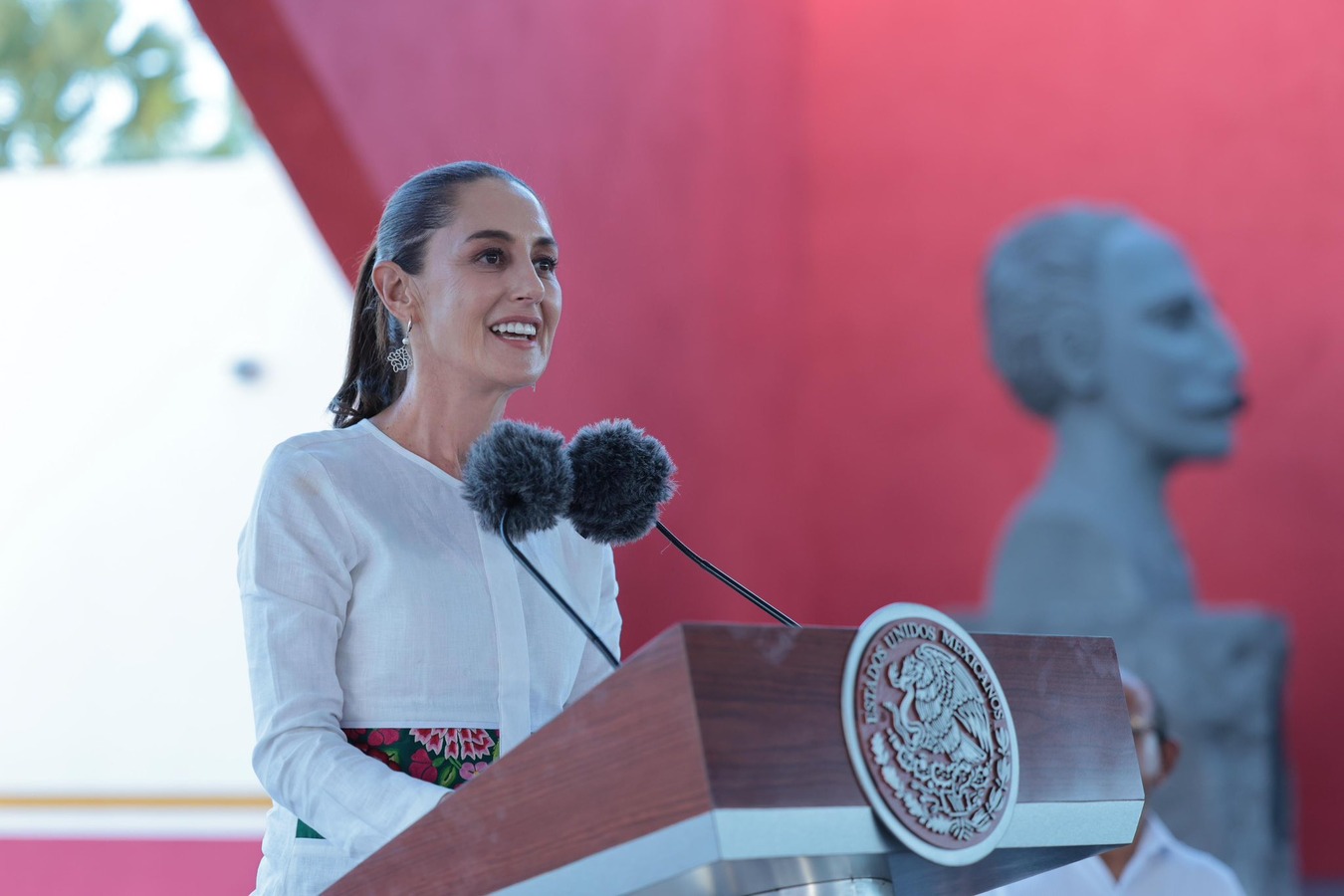In Mexico, Rival Parties Unite to Pass Labor Reform Law
In Mexico, Rival Parties Unite to Pass Labor Reform Law
After much discussion, Mexico’s Congress passed a comprehensive reform bill designed to increase labor market flexibility.
On September 28, legislators from Mexico’s National Action Party (PAN) and Institutional Revolutionary Party (PRI) worked together to pass a wide-ranging labor reform law, one of several economic initiatives that the two parties are expected to jointly support. The proposed labor reforms will make it easier and less expensive for companies to hire and fire employees and create new types of temporary employment contracts. Mexico’s Excelsior wrote that “the new labor reform…has divided Mexico between those who fear mass firings and more job insecurity and those who think that the changes open the possibility of having a more competitive emerging economy.”
Mexico’s current labor laws make it difficult for companies to adapt to changing market dynamics and do not allow hiring workers on a temporary or hourly basis. These laws also require companies to pay severance payments when they dismiss employees and allow fired workers to sue for back-wages and collect legal fees if they win their cases. Some economists worry that these laws provide workers with a distorted incentive to sue. The law, which has more than 1,000 articles and dates back to the 1930s, has not been substantially updated in over four decades.
The debate over the reform pits proponents of labor market flexibility who want to create jobs and reduce unemployment and informal employment against those in favor of European-style employment contracts and benefits. Proponents hope that the new law, which will allow companies to hire employees on a part-time and temporary basis, will help pull more young people into formal employment. The Los Angeles Times argued: “Experts say unwieldy unions, like those representing workers from the state oil conglomerate, end up holding back the economy and stunting Mexico's ability to compete as many employees toil for substandard wages or are driven into a vast, informal workplace with little protection.”
These reforms were backed by President Felipe Calderón and were also a major part of the campaign platform touted by President-elect Enrique Peña Nieto. Despite the overlap between the PAN and PRI’s policy proposals, the PRI blocked Calderón’s efforts to push through the reform. However, following Peña Nieto’s presidential victory, PRI politicians have begun collaborating with the PAN, ending six years of political stalemate in Congress.
The PRD has established itself as the voice of opposition to the PAN and PRI’s market-oriented development policies. PRD politicians argue that labor flexibility must be complemented by social safety nets to protect workers displaced by the reform. Congresswoman Luisa Maria Alcade Lujan of the PRD said that the reform isn’t likely to spur the creation of stable jobs, but rather “short-term jobs for a few months with low wages and no benefits.”
When Calderón first came into office, an estimated 25.6 percent of Mexico’s workers were employed in the informal sector. By June 2012, this figure rose to 29 percent, a historic high according to Mexico’s national statistics institute. Over the last six years of Calderón’s presidency, Mexico created less than 2 million jobs, but during the same period, 6.5 million young Mexicans reached working age, oversaturating the country’s labor market for entry-level jobs. "You're sending more than half of the new job seekers to unemployment," said Alfredo Coutino, chief economist for Latin America at Moody's. "It's a petri dish for illegal activities and, of course, even worse social problems," he explained. The reform’s champions hope it will help create new jobs and pull vulnerable young people away from crime and into formal jobs.
After the bill is passed in Mexico’s Senate in October, Calderón will sign it into law before stepping down from office on December 1. During Peña Nieto’s presidency, the Mexican public will evaluate whether the bill achieves its intended results. Carlos Ramirez, the Mexico analyst from the Eurasia Group, told ASCOA Online that the reform’s effect “won’t be magnificent but it won’t be zero. It will have an impact.”
In other Mexico news:
- Speaking at Turkey’s first ever expo in Mexico, the Turkish ambassador to Mexico discussed the possibility of a bilateral free-trade agreement, stating that “Turkey looks to make Mexico a strategic partner.”
- Mexico’s president-elect, Enrique Peña Nieto, announced plans to create six new government ministries to direct his government’s policies in areas such as telecommunications, fisheries, science, and women.
- For the first time, Mexico’s Congress honored the victims of the October 2, 1968 student massacre by holding a minute of silence in memory of those killed at Tlatelolco on that day.








